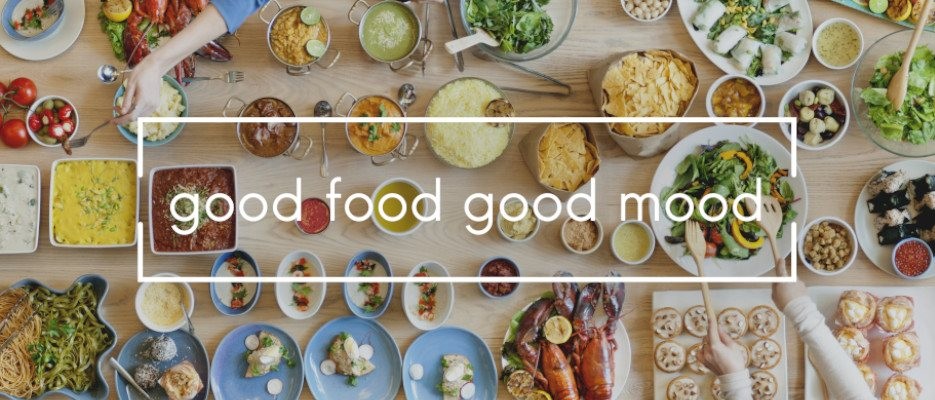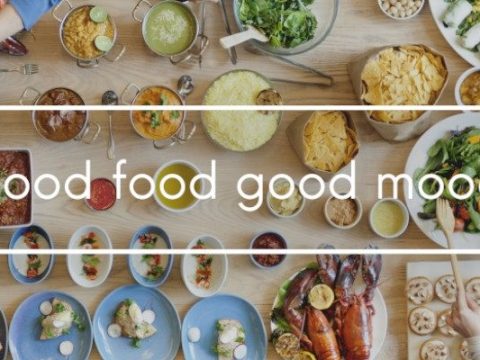How Your Food Affects Your Mood
Emotional Eating and Survival
Beyond mere survival, we all engage in emotional eating to some extent—seeking comfort when sad, celebrating with treats, or using control through precise portioning. What we eat directly influences our body and mind through nutrients that affect neurotransmitters and overall well‐being.
Science Meets Experience
Numerous studies link diet to disease prevention, energy levels, and happiness—but you can also observe the effects firsthand by choosing whole, minimally processed foods and noting how you feel.
Mood-Boosting Foods
- Fatty Fish & Omega-3: Wild salmon, mackerel, sardines, and chia or flax seeds supply essential fats that support brain health and may reduce depression risk.
- Berries: Rich in antioxidants that combat oxidative stress, inflammation, and cognitive decline.
- Fermented Foods: Kefir, sauerkraut, kimchi, miso, and kombucha feed gut bacteria that produce serotonin—the “feel-good” neurotransmitter.
- Dark Chocolate: Choose 70%+ cacao. Polyphenols improve circulation, reduce inflammation, and elevate mood.
- Bananas: High in vitamin B6, they boost serotonin and dopamine production; green bananas also provide prebiotic fiber for gut health.
- Nuts & Seeds: Almonds, walnuts, pumpkin seeds, and Brazil nuts deliver healthy fats, tryptophan, zinc, and selenium—key nutrients for mood and brain function.
Everyday Ingredients for Energy and Cheer
Keep green tea, shellfish, turmeric, organ meats, and leafy greens on hand to sustain energy, sharpen focus, and stabilize mood.
Foods to Limit
Avoid excessive sugar, refined carbs, processed foods, alcohol, and high-soy products—these can trigger inflammation, energy crashes, and hormonal imbalances.
Afrodisiacal Touches
For a romantic boost, consider figs, watermelon, fresh basil, pistachios, strawberries, and eggs—foods traditionally linked to enhanced circulation, mood, and intimacy.


